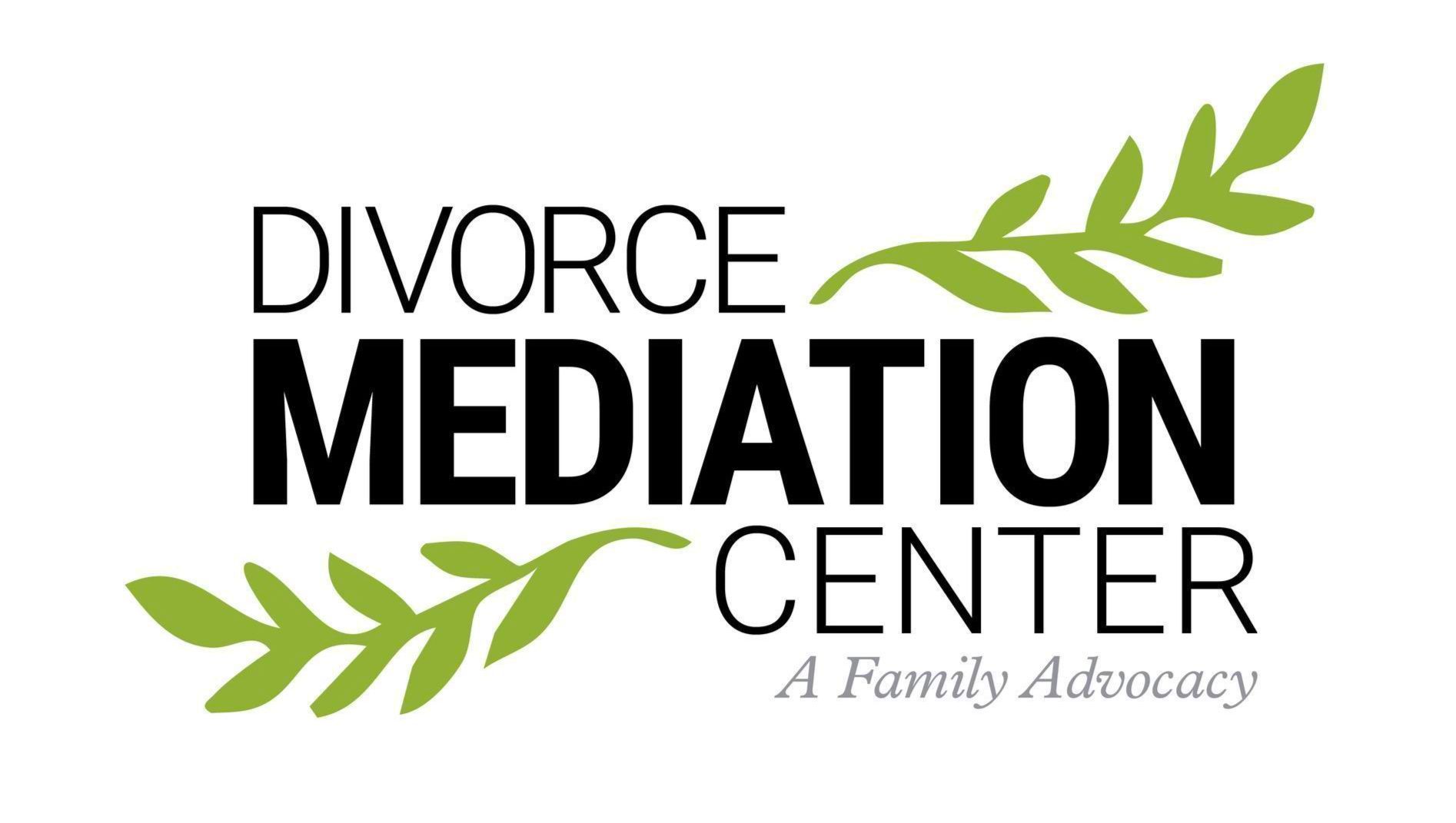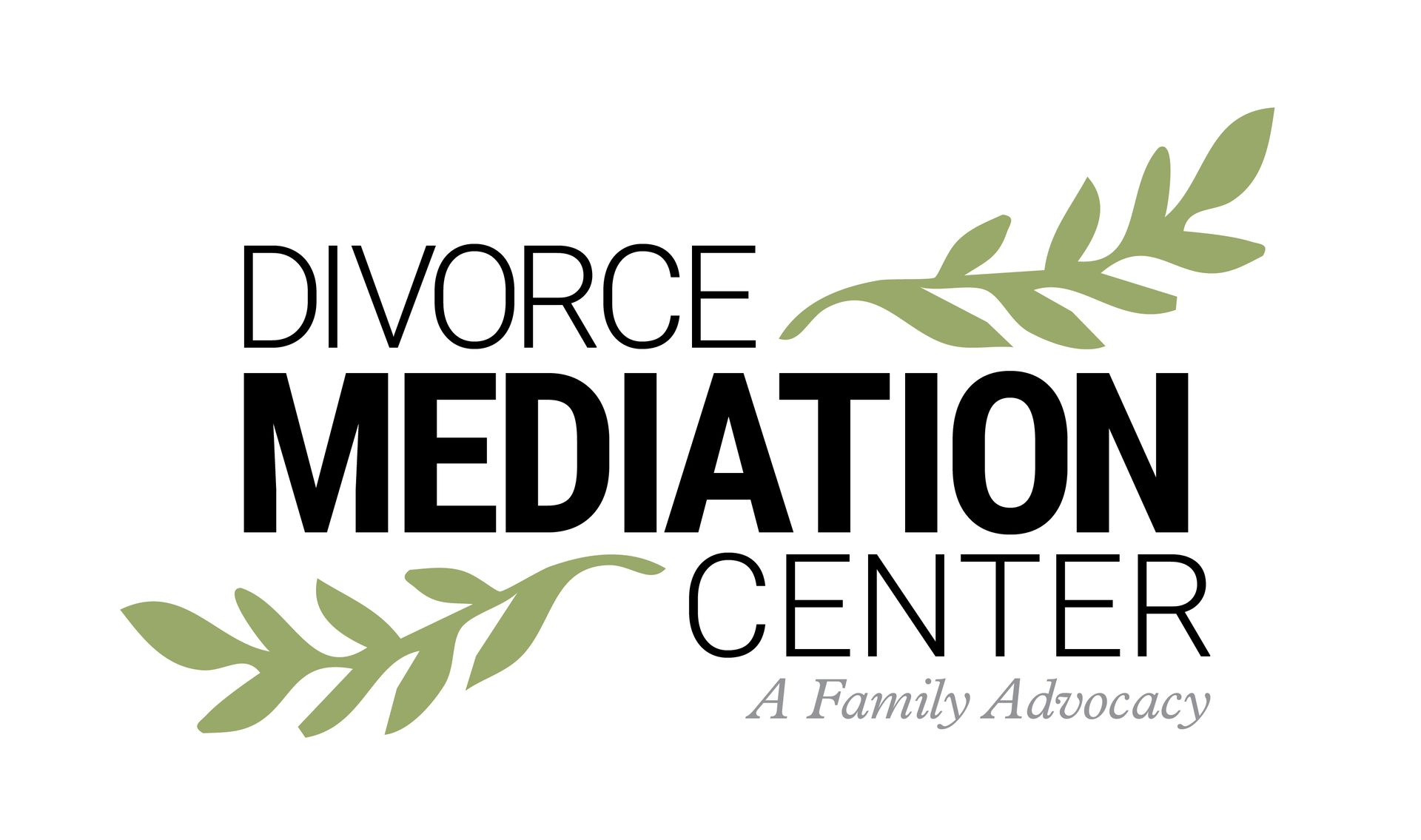Handling Challenging Co-Parenting Situations-Part 2
When your Co-Parent makes things difficult
In Part 1, we discussed communication issues and handling emotions with your children. In Part 2 we address additional challenges that may arise as the family settles into new patterns of daily living after divorce. One of the single most challenging things to overcome is how your children are cared for when not with you. Perhaps your children are resistant to visiting their other parent.
Q: What if my child says they don’t want to see the other parent?
It is very important to encourage your child to have contact with both parents for healthy emotional development. Most children become weary of transferring houses and rebel at some point. Find out the reason they don’t want to go and address it with your co-parent.
Q: How do I respond when my child tells me about my co-parent’s latest romance?
Getting on with life is an important part of re-stabilizing post divorce. Any person who becomes a routine part of your child’s life will become important to them and they will talk about them to make sure it is ok with you that they like them. Children deal with loyalty conflicts surrounding parent’s other romances because they prefer not to incorporate another person into the picture. It’s important to listen to what they have to say because you may learn about an issue that you need to address with the co-parent. If they begin to say unkind things about the other person you may want to tell them “I know it is hard to adjust to a new person in (mommy/daddy)’s life because they probably do things differently and that seems strange to you. Could you be afraid that they may take my place or you would be expected to like (him/her) more than you want to?” This will give the child permission to approach the situation at their own pace.
Q: Does counseling or bringing up the divorce make it worse, should we just not talk about it?
Talking about the divorce is critical to successful healing. It is helpful to have many conversations about it over the years. Working through it is painful; however avoiding it only prolongs healing. As children grow older they will have more in depth questions about how and why the divorce happened. Address the questions with seriousness and respect.
Q: What if my co-parent drinks/uses drugs and I don’t feel safe letting the children be with them?
If there is a history of treatment you can offer proof that spending time with this parent is dangerous for the child. You may seek legal counsel regarding pursuing supervised visitation until such time as that parent can exhibit adequate parenting skills. If you are mediating the divorce, tell the mediator in private caucus and have them include a general parenting class or require medical treatment if necessary. Tell your co-parent “I am concerned about your use of _____ while you have our child in your care. I want us to help one another to be the best parents we can be, and I think some attention to this issue would be a good start. I have the name of someone who can guide us.” Although you no longer must live with the substance abuse, it is in the child’s best interest to help the other parent get help.
*Excerpt with express permission from “Children of Divorce” (trademarked seminar published by Jeri Amann/Marti Kitchens-Cobb)
For more information on this topic please buy our new book Family Divorce 101 -A Guide to What Divorcing Families Should Know or our book for Therapists: Family Divorce Therapy 101 -A Clinician’s Guide to Best Practices for Treating Families Pre/During/Post Divorce (Amazon)
For more divorce advice and cost saving tips please buy our book Transitions Divorce® Prep Workbook
Disclosure of Material Connection : I have not received any compensation for writing this post. I am disclosing this in accordance with the Federal Trade Commission’s 16 CFR. Part 255: “Guides Concerning the Use of endorsements and Testimonials in Advertising.”
Disclaimer: This is my personal blog. The opinions I express here do not necessarily represent those of my organization, Transitions Resource, LLC. The information I provide is on an as-is basis. I make no representations as to accuracy, completeness, suitability, or validity of any information on this blog and will not be liable for any errors, omissions, or delays in this information or any losses, injuries, or damages arising from its use.
The post Handling Challenging Co-Parenting Situations-Part 2 first appeared on Divorce Mediation Center.





